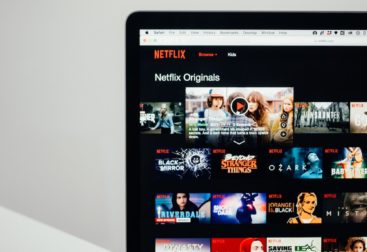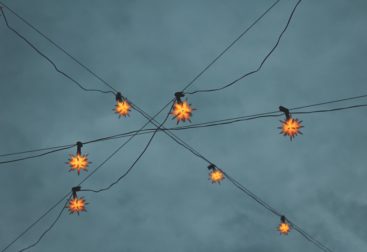The Boston Review critiques Richard Thaler’s latest book, “Misbehaving: The Making of Behavioral Economics.” Or actually the critique is of behavioral economics itself.
Before behavioral economics, there was classical economics which, “assumes people are rational, utility-maximizing decision-makers with consistent preferences, correct expectations, and unbiased beliefs; in economic parlance, everyone is homo economicus, ‘economic human.'”
John McMahon, the reviewer, goes on:
Behavioral economics, on the other hand, takes into account the “bounded rationality, bounded willpower, and bounded self-interest” of real humans—the propensity to be affected by perceptions, psychological factors, and other influences supposedly irrelevant to the neoclassical economic actor.
What behavioral economics gets right is human psychology. But it remains misguided, McMahon says, because it sticks to a blind faith in the marketization of every kind of thing.
Nearly everything, from behavioral economics’ standpoint, becomes a qualitatively similar choice. Choosing a mortgage belongs to the same category as choosing a spouse. Body weight is represented as a problem to be solved in the same way one might encourage people to save more for retirement.
And:
Thaler situates regular purchases—buying lunch, groceries, and clothing—on the same list as high-stakes, infrequently occurring acquisitions, such as “cars, homes, careers choices, and spouses.” There is a revealing slip in this last example: Thaler describes this spectrum as “a list of products” arranged by purchase frequency, then ends the list with choosing a spouse. Surely, even in the most marketized dystopia, a spouse is not a product to be purchased?
So McMahon has some real problems with Thaler and behavioral economics:
There is nothing inherently economic to eating at a party with friends or building a relationship. Such activities, subjected to an economic frame by Thaler, are qualitatively different than shopping for groceries or buying a home insofar as their ends—joy, partnership, compassion, relaxation, and so on—are not the same as economic utility-maximization. They might even be read as attempts to gain respite from the ever-pressing market logic of the neoliberal world.





